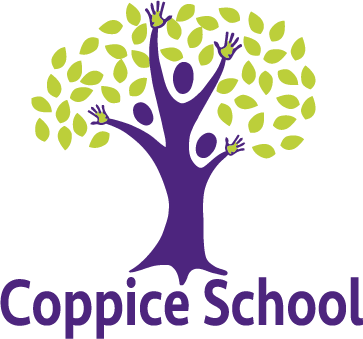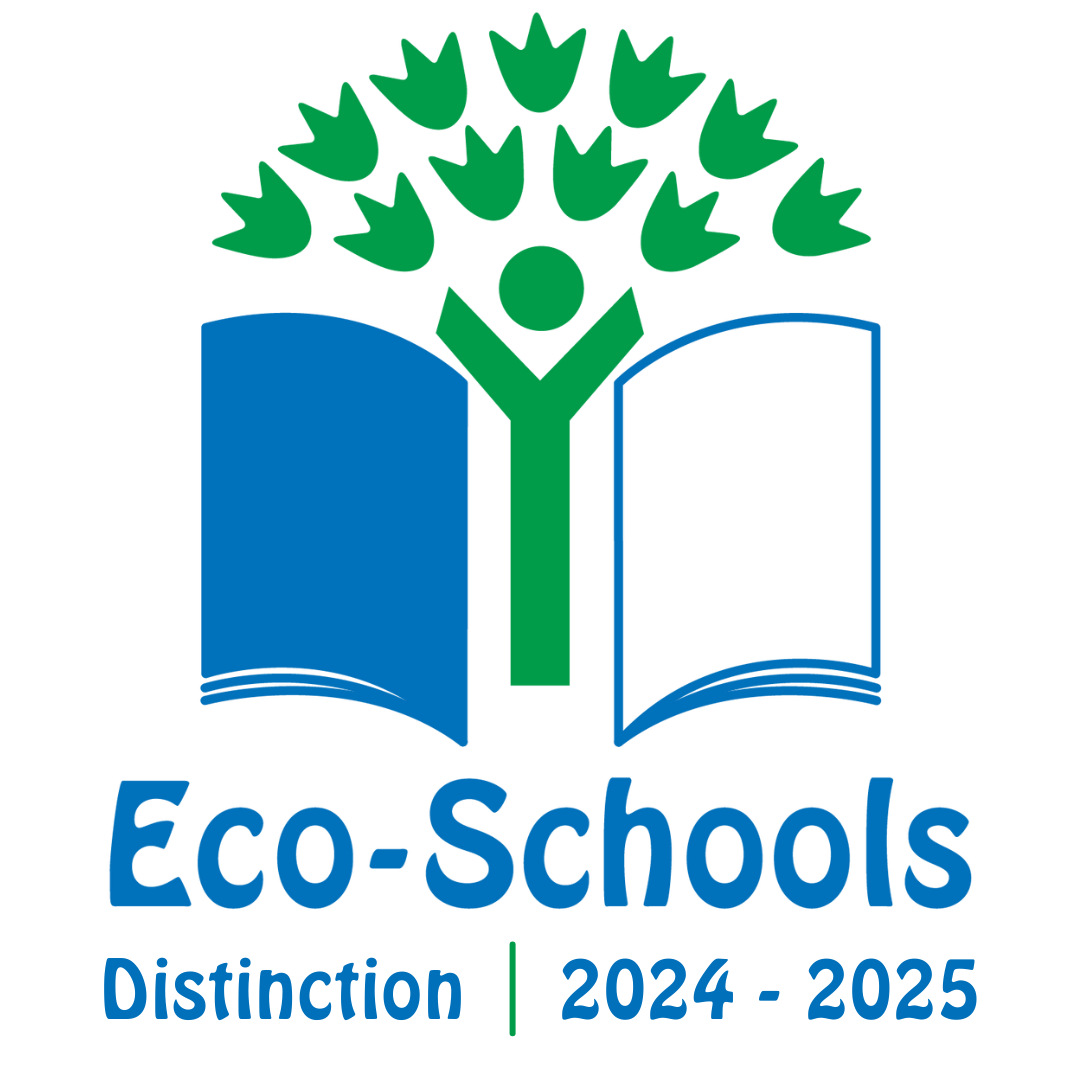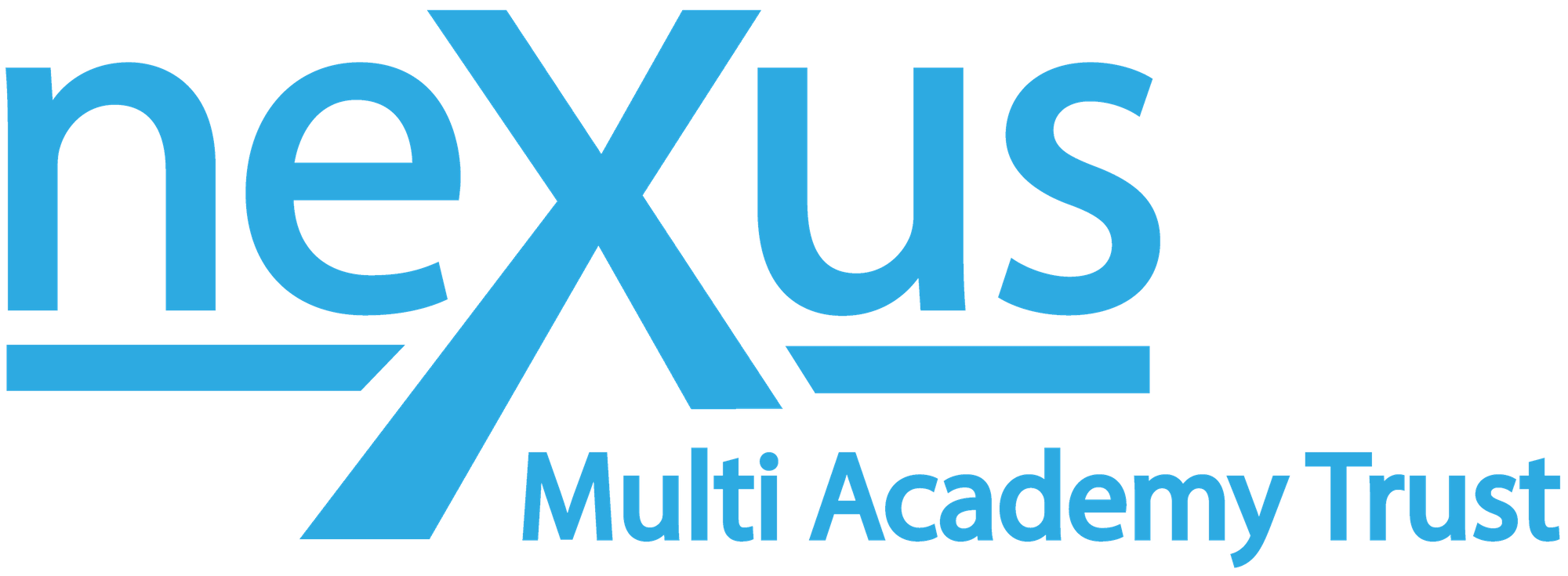Pathways to Adulthood
At Coppice one of main aims is to prepare pupils for the future.

To do this we look at pathways to adulthood. Below is how we do this from our youngest children to our young adults
Preparing for Adulthood Outcomes
Early Years (age 0-4)
Employment/HE:
-
Adapting to new environments
-
Playing with other children
-
Following instructions (consider any specifics around sensory Impairments)
-
Real world play (builder/nurse/doctor)
Independent Living:
-
Feeding and drinking
-
Toileting
-
Getting dressed
-
Making Choices
-
Real world play (kitchens/DIY/cleaning)
Community Participation:
-
Making friends
-
Social interaction
-
Visits / day trips
Good Health:
-
Checks at births (hearing etc)
-
Diet and food variety
-
Immunisations
-
2 year old development check
Provision (Universal and Targeted):
Speech and language therapy (SLT), occupational therapy (OT), physiotherapy, health visitor, parent
carers, portage, community nurse, educational psychologist, Community/disability groups, toddler
groups, GPs/paediatricians, social workers/short break care, early years professionals, use of
personal budgets as appropriate.
Preparing for Adulthood Outcomes
Primary (age 5-7) Reception—Y2 Key Stage 1
Employment/HE:
-
‘What do you want to be when you grow up?'
-
Meeting role models
-
Real world visits (fire stations, farms etc.)
-
Numeracy
Independent Living:
-
Washing/brushing teeth
-
Telling the time
-
Paying in shops (supervised)
Community Participation:
-
Team playing
-
Developing friendships/friendship groups
-
After school clubs
-
Weekend activities
Good Health:
-
Child obesity checks
-
Diet - making choices
-
Dentist school visit
-
Immunisations
-
Physical exercise
Provision (Universal and Targeted):
SLT, OT, physiotherapy, parents, community nurse, educational psychologist, community/disabled
groups, GPs/paediatricians, social workers/respite care, use of personal budgets as appropriate,
teachers / TAs / support staff, school nurse, dentist, organised clubs e.g. Brownies / Cubs (universal
services)
Preparing for Adulthood Outcomes
Primary (age 8-11) Y3-Y6 Key Stage 2
Employment/HE:
-
Talk about different careers and further education options
-
Access to career related role models
-
Start to build a personal vocational profile of interests and ambitions
-
School sessions from visitors on their careers
Independent Living:
-
Understanding money – paying for snacks in school
-
Sleep-overs and residential trips
-
Cooking at school and home
-
Shopping
-
Moving around the school independently
-
Travel training
-
Transport and road signs
Community Participation:
-
Youth and after-school clubs
-
Learning to be safe on and offline
-
Knowing the local area
-
Walking short distances alone
-
Friendships
-
Understanding bullying
-
Managing change
Good Health:
-
Managing minor health needs e.g. asthma
-
Starting puberty
-
Immunisations (BCG)
-
Obesity check
-
Articulating pain / health problems
Provision (Universal and Targeted):
As above plus: Friends/peers, careers advisers, CAMHS
Preparing for Adulthood Outcomes
Secondary (age 12-14) Y7-Y9 Key Stage 3
Employment/HE:
-
Subject option choices - thinking about college, picking the right subjects for future career
goals
-
Exploring different career options
-
Understanding requirements for FE
-
Structured careers advisory sessions
-
Planning for employment: what qualifications do you need; what study programme should
you be on; what work experience would be most helpful
-
Work experience, starting with tasters and building up to increasing time in the workplace -
with support where needed
Independent Living:
-
Travel training
-
Making decisions about what to spend money on
-
Making own food
-
Socialising unsupervised in the local community
-
Independent living skills
Community Participation:
-
Making decisions about how to spend free time
-
Managing social media and other technology
-
Online gaming and staying safe
-
Belonging to different groups
-
Friendships and relationships
-
Understanding the bigger picture and building resilience
Good Health:
-
Sex education
-
Immunisation - tetanus
-
Managing more complex health needs
-
Understanding what the GP can help you with
-
Annual health check with GP if registered Learning Disability
-
Mental health and wellbeing
-
Drug and alcohol education
-
Switching technology off and getting a good night’s sleep
-
Health and wellbeing
Provision (Universal and Targeted):
As above plus: Personal assistants, Employers, Social Care, Travel trainers
Preparing for Adulthood Outcomes
Secondary (age 15-16) Y10-Y11 Key Stage 4
Employment/HE:
-
GCSEs/NVQs/Entry level qualifications
-
Vocational options
-
Continue to build personal/vocational profile - use in careers sessions
-
After school/Saturday jobs/part-time employment
-
Understanding supported employment options e.g. access to work
-
Transition to new settings
-
Starting micro-enterprises
Independent Living:
-
Travel training
-
Making decisions about what to spend money on
-
Making own food
-
Socialising unsupervised in the local community
-
Independent living skills
Community Participation:
-
Making decisions about how to spend free time
-
Managing social media and other technology
-
Online gaming and staying safe
-
Belonging to different groups
-
Friendships and relationships
-
Understanding the bigger picture and building resilience
Good Health:
-
Sex education
-
Immunisation - tetanus
-
Managing more complex health needs
-
Understanding what the GP can help you with
-
Annual health check with GP if registered Learning Disability
-
Mental health and wellbeing
-
Drug and alcohol education
-
Switching technology off and getting a good night’s sleep
Provision (Universal and Targeted):
As above plus: Personal assistants, Employers, Social Care, Travel trainers
Preparing for Adulthood Outcomes
Post-16 (age 16-18) In schools and post-16 providers
Employment/HE:
-
Build on strengths and interests highlighted in personal/vocational profile
-
Apprenticeships
-
Supported internships
-
Traineeships
-
Further work on academic and vocational qualifications
-
GCSE’s and planning for further education including sharing EHC plan with disabled students
allowance study needs assessor
-
CV writing
-
Skills in applying for jobs or further education
-
Interviewing
-
Understanding support from the LA, e.g. do they have a supported employment service?
Independent Living:
-
Managing bills (e.g. mobile phone)
-
Managing potential income including Personal Independence Payments
-
Residential and local learning options
-
Mental capacity - supported decision making
-
Understanding consent and best interest
-
Life skills
-
Managing your time
-
Transition to adult care
-
Being safe in your home
-
Understanding different types of living arrangements - what arrangements are positive and
possible for each YP
-
Actively planning for future living arrangements with family, LA etc.
Community Participation:
-
Developing new friendships
-
Personal budgets how could they be spent post-16 to further PfA aspirations
-
Managing your time
-
Being safe on the streets
-
Understanding alcohol and drugs
-
Volunteering
-
Understanding the criminal justice system
-
Knowing where to go for help and how to use the emergency services
Good Health:
-
Taking responsibility for dental and optical appointments
-
Managing own health
-
Transition to adult health services
-
Knowing when you need to see the GP
-
Staying physically active and healthy
-
Understanding relationships, including: sexual relationships; choice and consent; safety and
good health
Provision (Universal and Targeted):
As above plus: Personal assistants, Employers, Social Care, Travel trainers



